Creatine supplements are a popular way of maintaining high energy levels and aiding the recovery of muscles to promote muscle growth through exercise. They provide the body with a larger energy supply to draw upon.
There are claims that creatine should be cycled, though, to prevent your body from building a tolerance to it. In fact, there is no evidence that this is the case and there are no proven benefits of cycling creatine, meaning it isn’t necessary.
Here, we’ll look at what a creatine cycle is and some of the reasons why you don’t need cycle creatine in order to reap optimal benefits from the supplement.
What is a creatine cycle?
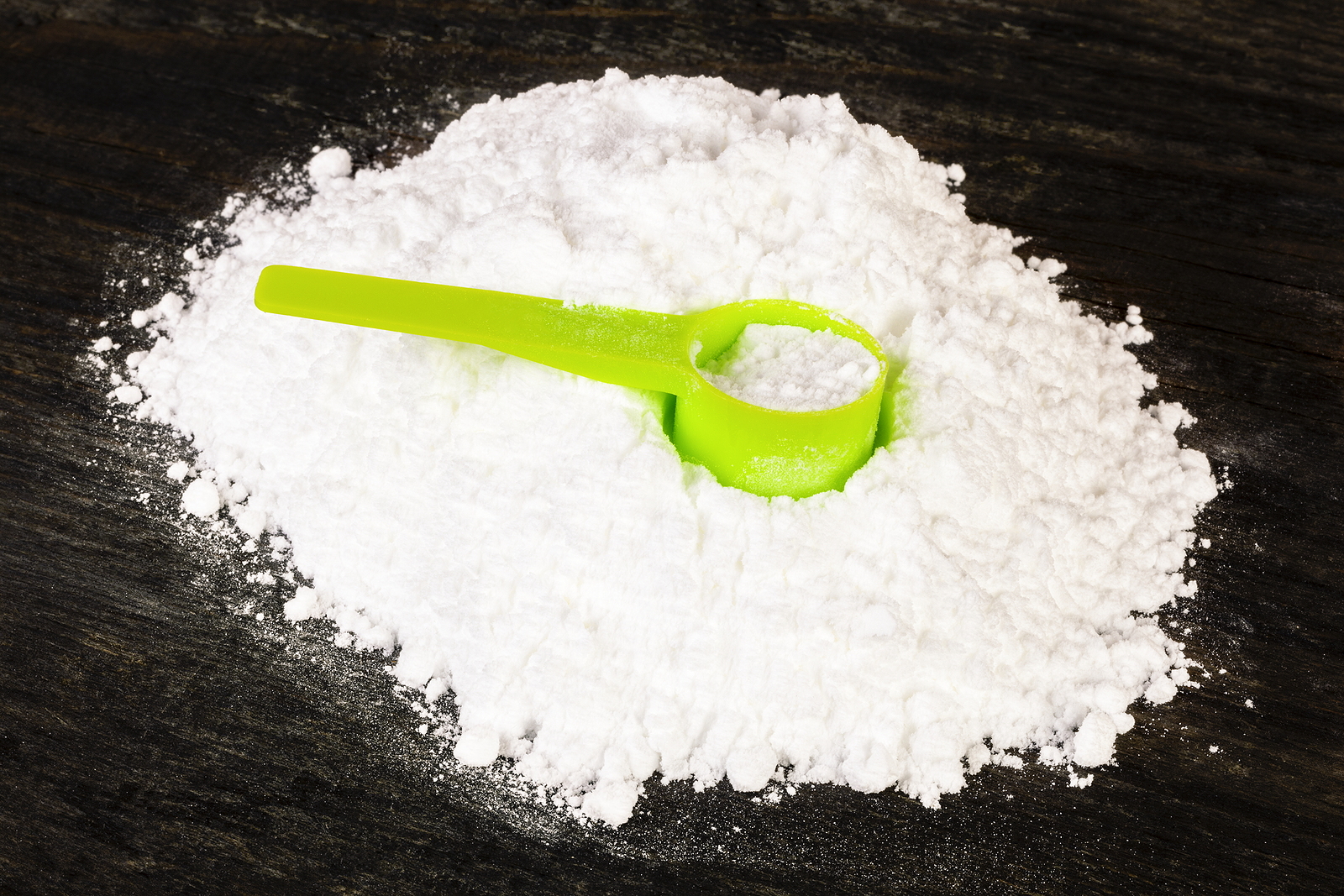
Creatine cycling is the process of taking certain dosages of the supplement each day for a number of weeks before then having a couple of weeks without a dose of creatine. Then, you begin the cycle again.
A creatine cycle begins with the loading phase, which involves taking the maximum recommended grams of creatine per day, which is 20g. This loading phase lasts for 7 days and ensures your body has ingested adequate creatine levels before moving into the longer phase of the cycle.
After the loading phase, you then drop the number of grams per day you are ingesting to anything between 5g and 10g of creatine, known as maintenance doses. This can be taken pre-workout or post-workout, so long as you’re not going over this daily dose.
You maintain this for 6-7 weeks – known as the maintenance phase – with the theory being that this is the maximum amount of time before your body no longer feels the maximum effects of creatine. Once the maintenance phase is over, you have a 1-2 weeks’ break from creatine, before starting the cycle again with the loading phase.
5 Reasons why creatine cycling is not necessary
1. Your body doesn’t build a tolerance to it

The main argument for creatine cycling is that it’s necessary to prevent your body from building a natural tolerance to creatine phosphate, the chemical of which creatine is a component, making creatine supplementation redundant.
This stems from the fact that this will happen for many other forms of supplement and medication, however, there is no evidence to suggest that your body builds a tolerance to regular and sustained doses of creatine.
Creatine is one of the most well-researched supplements in the world and it is now clear that taking it on a daily basis for a long period of time will not have harmful side effects nor will it lessen the beneficial effects of creatine.
2. Creatine is used to boost energy levels
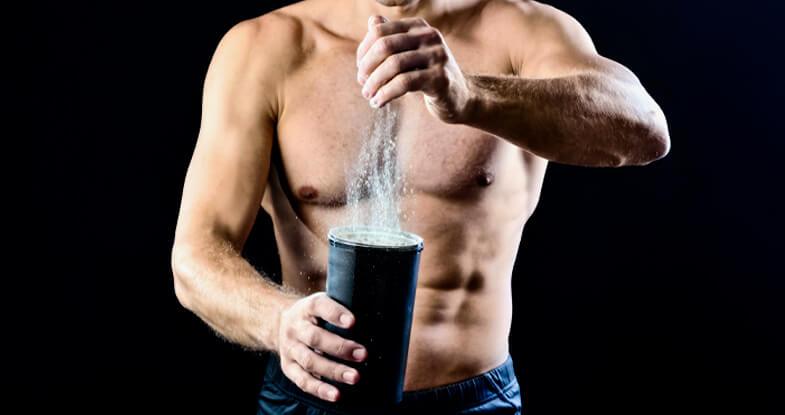
Contrary to what many people think, creatine is not a form of protein. It is a natural substance found in your muscle cells that provides energy, and creatine supplements just add to and maximize these body stores of energy.
This helps with athletic performance – particularly for endurance athletes – and can reduce recovery time for muscles, meaning you can train harder and longer. This is why there is no harm in taking creatine on a daily basis, provided you’re only taking roughly 5-10 grams per day.
3. Creatine is safe
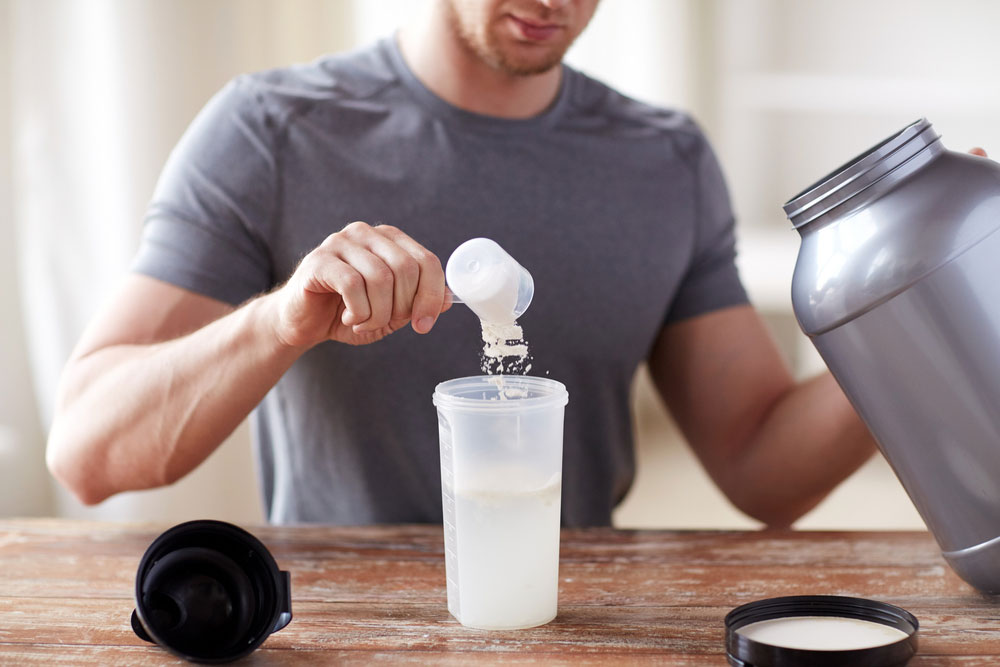
As mentioned, creatine has had an extreme amount of research performed on it and has been found to be totally safe to use. As long as you remain within the recommended amount of grams per day, creatine supplementation is a safe and effective way of building muscle mass and enhancing your training.
So, according to the research, there’s no need to cycle creatine as the benefits of creatine supplementation will not be hampered over time. That being said, the studies have only looked at the daily dosage of creatine over a period of five years, nothing longer than that, so any health effects beyond that point are still unknown.
However, it’s unlikely creatine will have harmful side effects if you take it every day. If you do experience adverse effects, you should of course stop taking creatine and speak to a medical professional.
4. Cycling is more disruptive
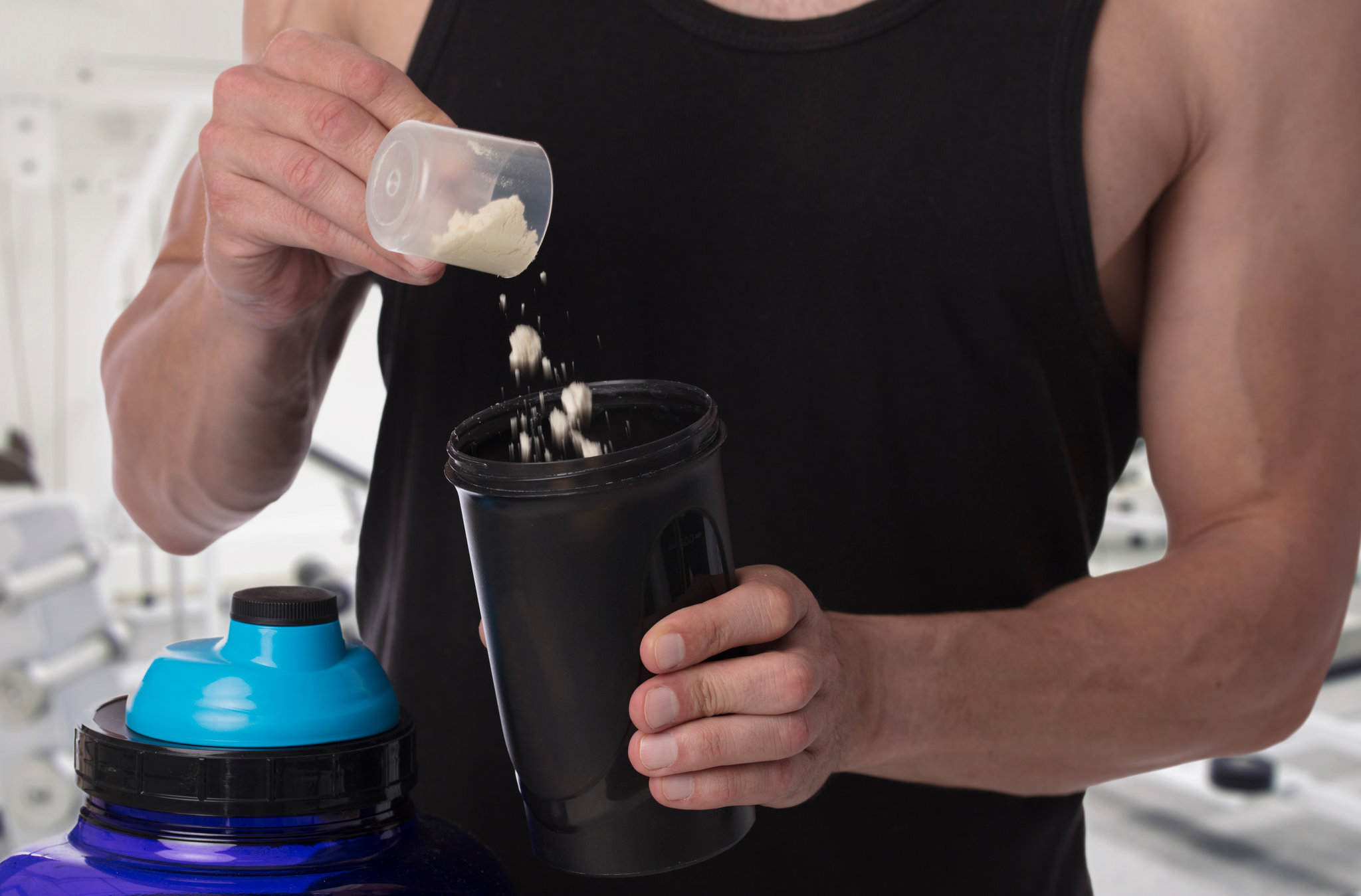
Moving from the loading phase, into the maintenance phase and then cutting out creatine supplementation completely causes fluctuations in your creatine stores which, while not having any major health effects, will manifest in varying energy levels over the course of the cycle.
Part of the theory behind creatine cycling is that it helps your body naturally produce adequate levels of creatine and, thus, energy, however, there is no evidence to support this. It can be difficult to monitor your creatine intake every day, for example in the loading phase when you need to take more grams of creatine supplement per day, before then adjusting according to the phase you’re currently in.
5. Cycling can be more expensive
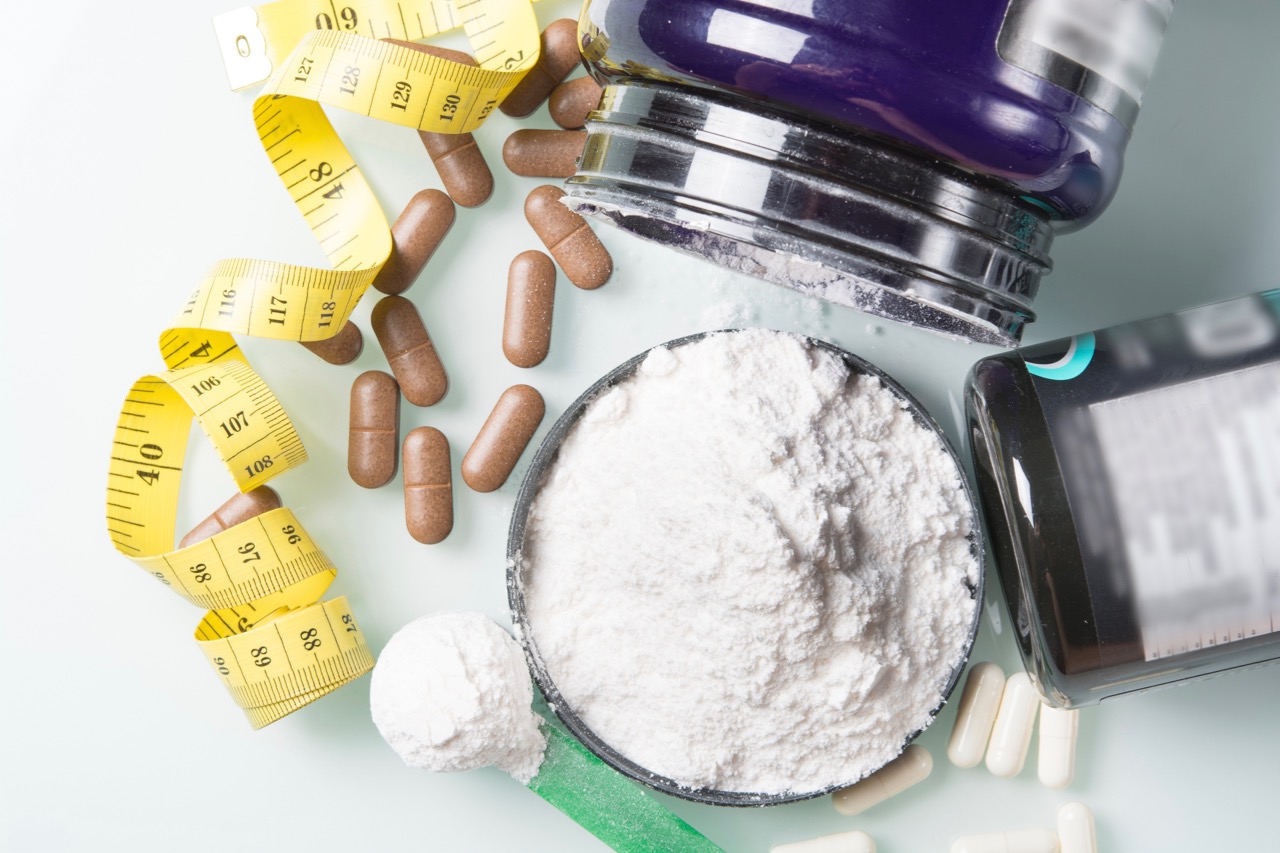
This will vary depending on the type of creatine you’re buying, but in general, cycling will lead to the use of more supplements over a shorter period of time, meaning you have to purchase it more regularly. This might be less of an issue for professional athletes, for example, but for most people, it’s not practical.
Supplying your muscles with safe amounts of creatine each day is a more sustainable way of maintaining optimal creatine stores in your body.
Conclusion
Whether you’re looking to build lean muscle mass or reduce recovery time in between intense workout sessions, creatine is an effective and popular supplement that doesn’t need to be cycled. The form of creatine doesn’t matter as much, and you can safely take 5-10 grams of creatine supplement each day to ensure your muscle cells get the energy they need for those intense workout sessions.
Frequently Asked Questions
Will I lose muscle if I stop taking creatine?
Creatine doesn’t specifically build muscle, so you won’t lose muscle mass as a direct result of stopping your intake of creatine. However, the reduction in creatine may affect your energy levels and, thus, your performance in training though it’s unlikely this would be to the extent that you lose muscle.
How much weight will I gain on creatine?
5-10g of creatine contains very few calories if any at all, which is why it can help people hit weight loss goals as there’ll be no weight gain from creatine itself. If you’re trying to build muscle, the supplementation of creatine can help you maintain a rigorous workout routine and recover quicker from high-intensity workouts.







